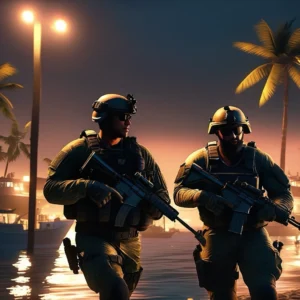Video: Is Due Process Dead in the Military? Court Martial Lawyer Reacts #ucmj #falseaccusation #falseallegations
In this video, criminal defense lawyer Michael Waddington discusses whether due process is dead in the military. Court Martial Lawyer Reacts #ucmj #falseaccusation #falseallegations
Due process in the military refers to the legal protections and rights guaranteed to service members under the Uniform Code of Military Justice (UCMJ) and the Constitution. It ensures fair treatment and justice within the military legal system.
Key Components of Due Process in the Military:
- Notice of Charges: Service members must be informed of the specific charges against them and have the opportunity to prepare a defense.
- Right to Counsel: The right to legal representation is fundamental, and service members are entitled to either military-provided or civilian defense counsel.
- Presumption of Innocence: Individuals are presumed innocent until proven guilty beyond a reasonable doubt.
- Right to Confront Witnesses: The accused can confront and cross-examine witnesses testifying against them.
- Right to Present Evidence: Service members can present evidence and witnesses in their defense.
- Right to Appeal: The right to appeal a conviction or sentence ensures additional scrutiny and potential redress of legal errors.
Distinctive Aspects of Military Due Process:
- Administrative Actions: The military has procedures for addressing non-criminal misconduct, which also adhere to due process principles.
- Command Influence: Safeguards exist to prevent unlawful command influence, ensuring impartiality in legal proceedings.
Balancing Discipline and Justice:
Military due process strikes a balance between maintaining discipline and order within the armed forces while protecting the constitutional rights of service members. While distinct from civilian due process, it aims to guarantee fair treatment and justice for all military personnel.



